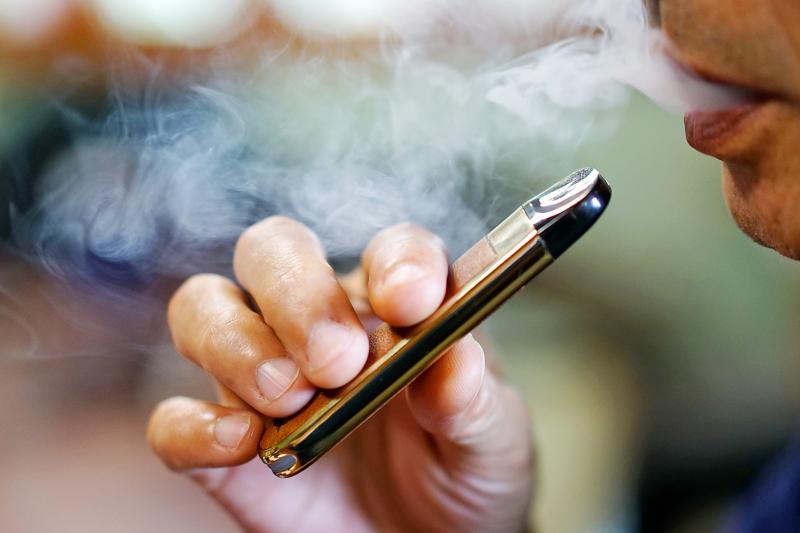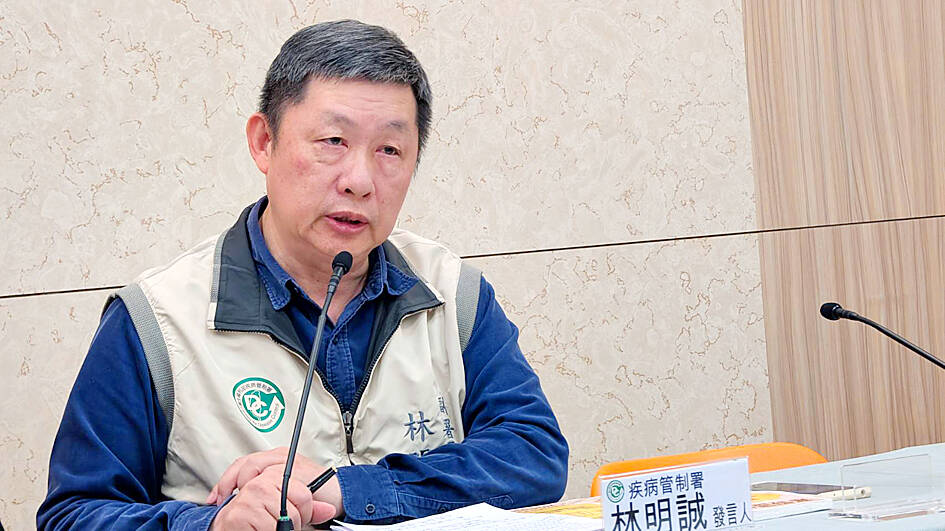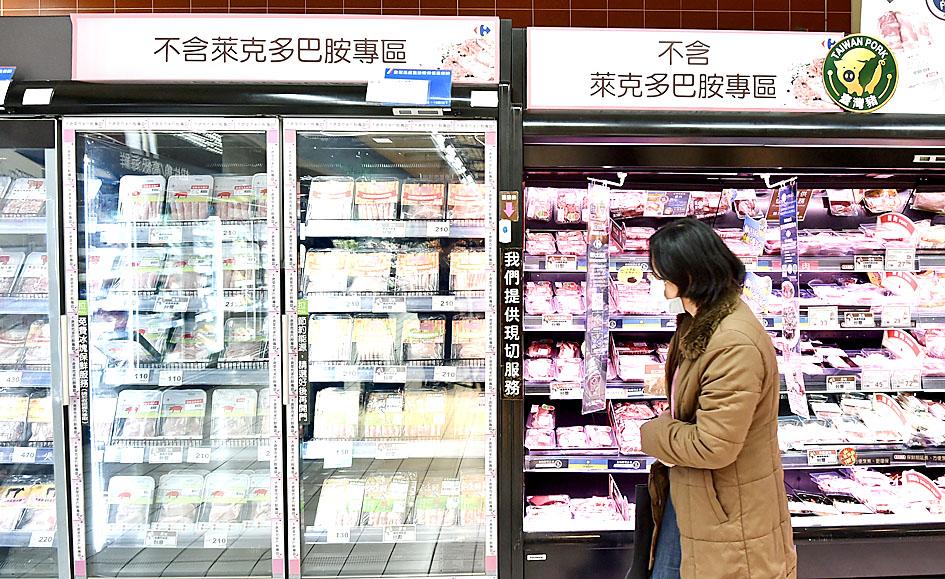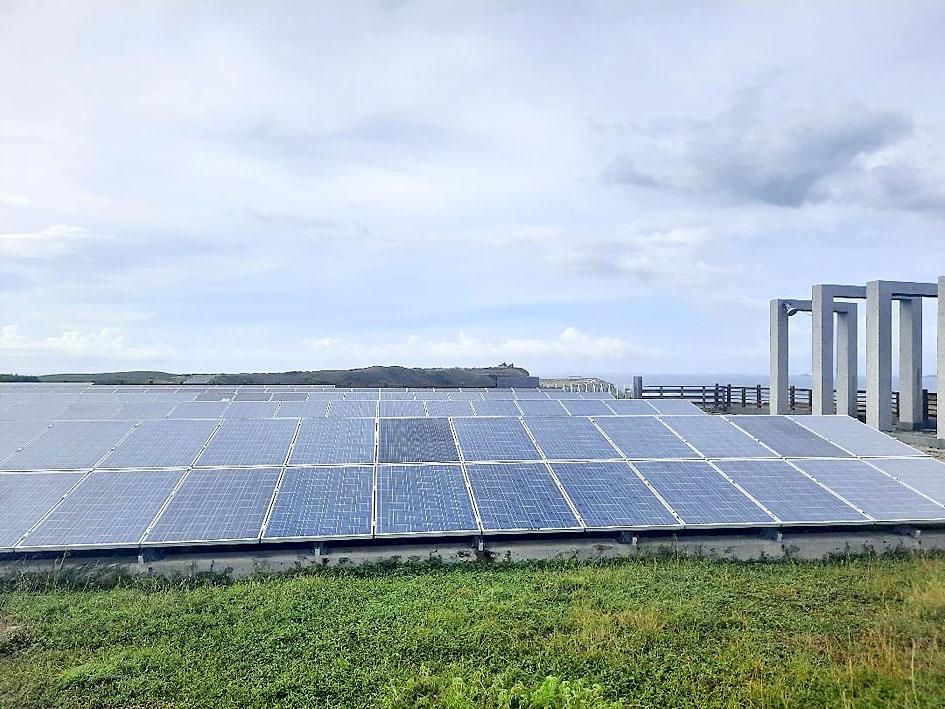
E-cigarette resellers target youth: HPA
E-cigarettes contain a higher concentration of carcinogens, like formaldehyde and acetaldehyde, than cigarettes, he said. Similarly, an increasing number of high-school students are using e-cigarettes, with 5.6 percent using them in 2019, up from 3.4 percent in 2018, it added. Opportunistic resellers are taking advantage of young people and trying to depict e-cigarettes as trendy on Instagram, the HPA said. The study also found that e-cigarette resellers were using keywords like “ejuice” to evade censorship on social media platforms, said Chung Chi-hui (鍾起惠), a professor at the university. The researchers also identified a correlation between the amount of money a student has at their disposal and the likelihood of them using e-cigarettes, she said.
Source: Taipei Times January 02, 2021 15:56 UTC







